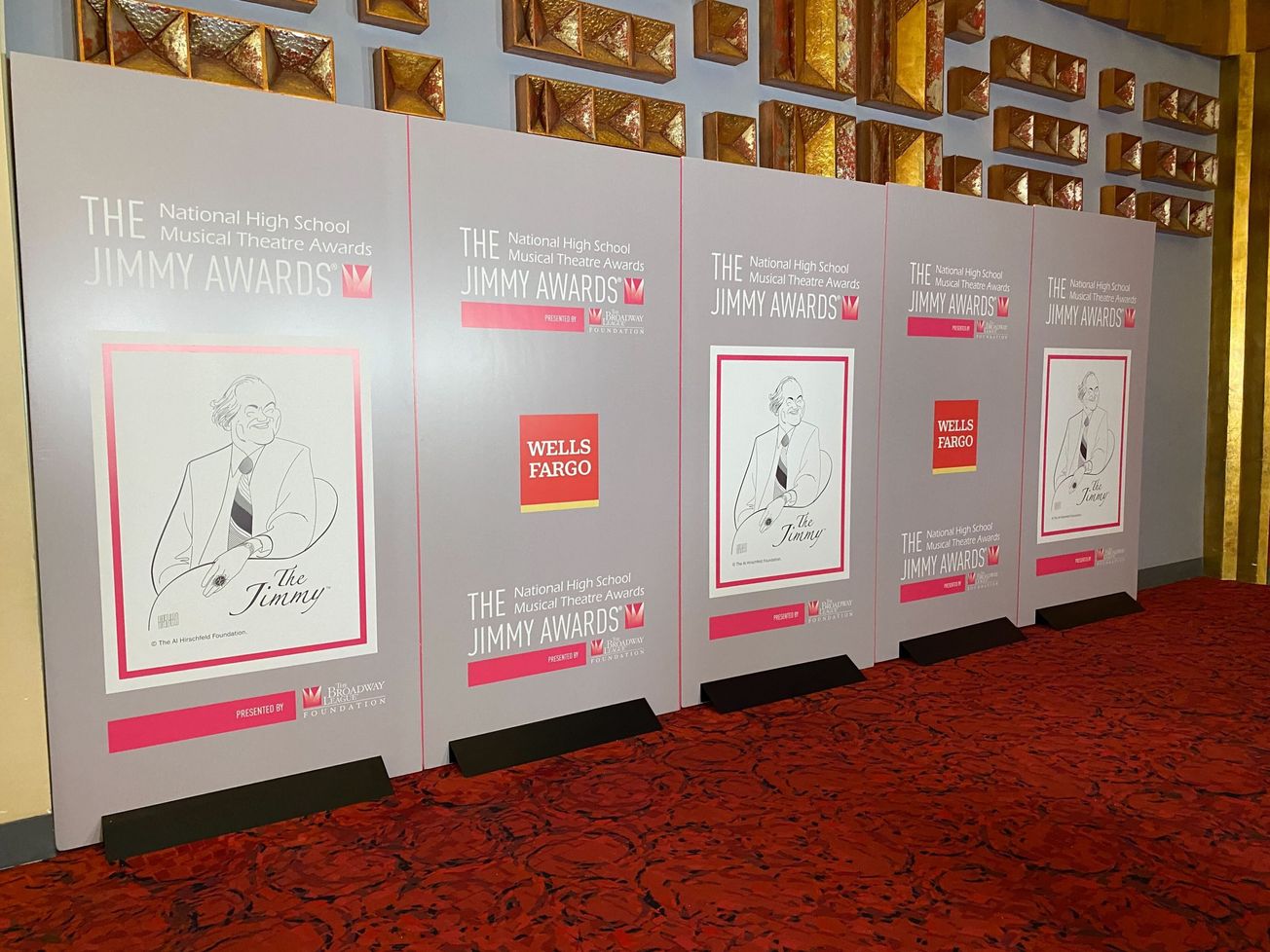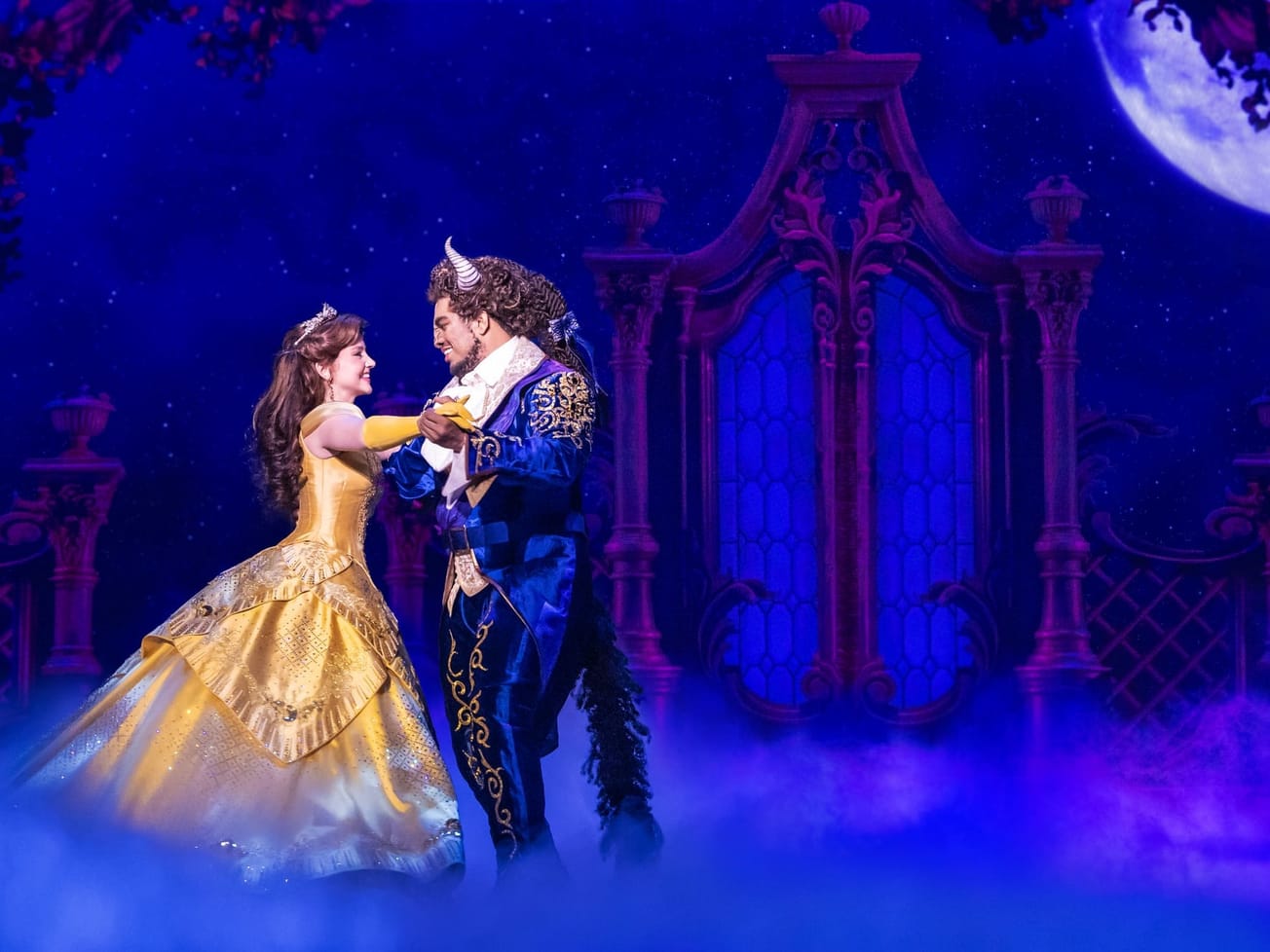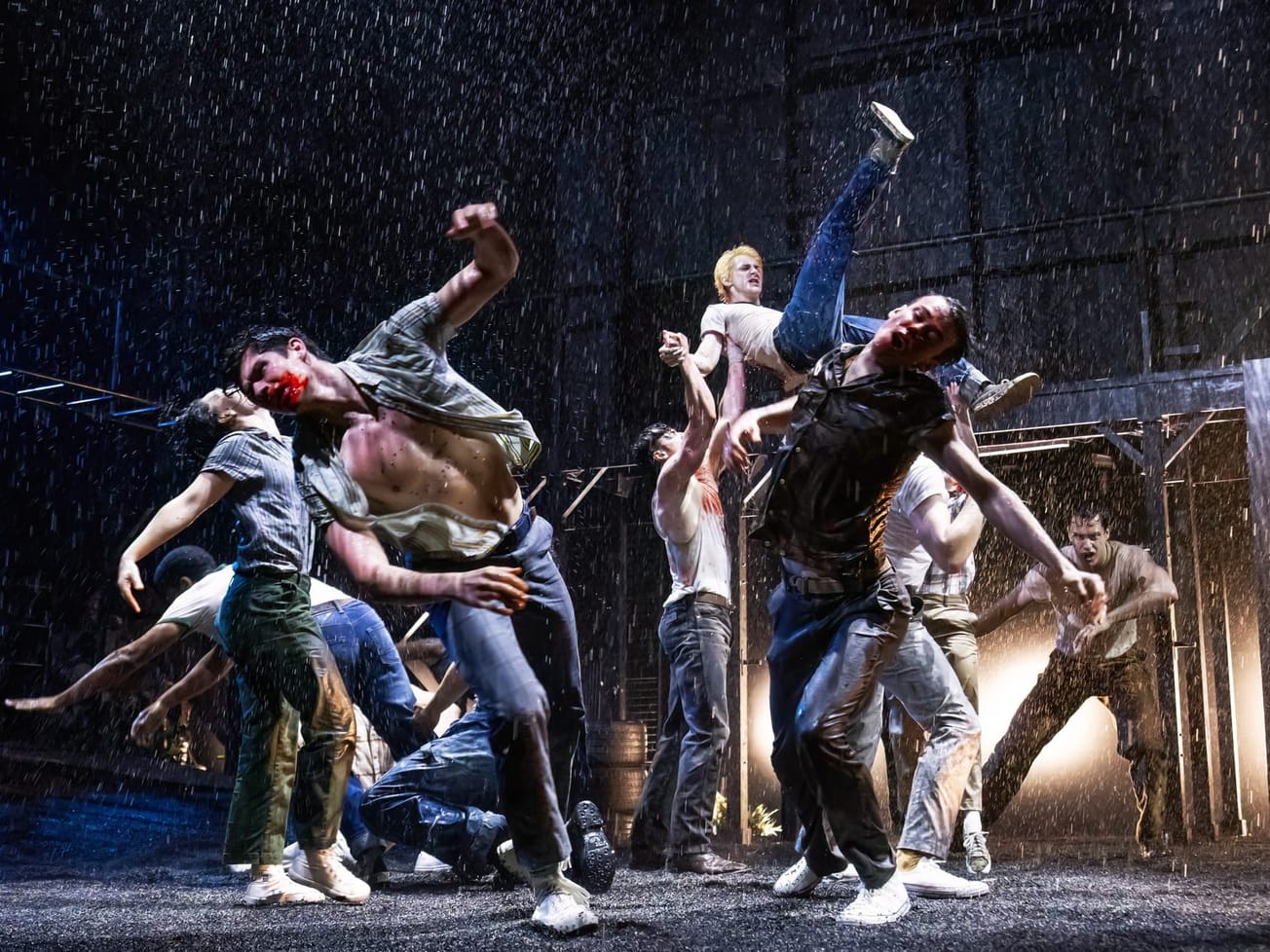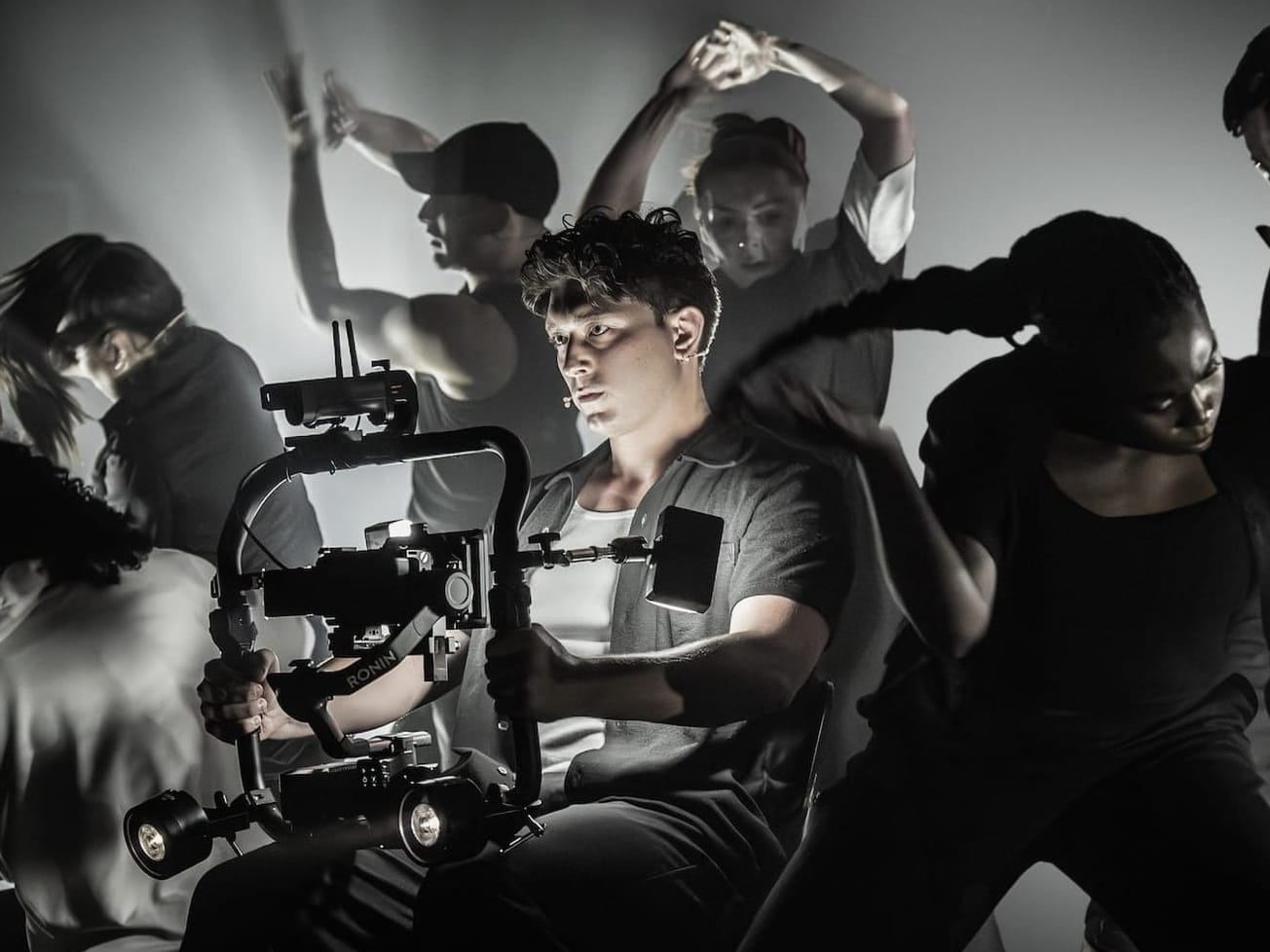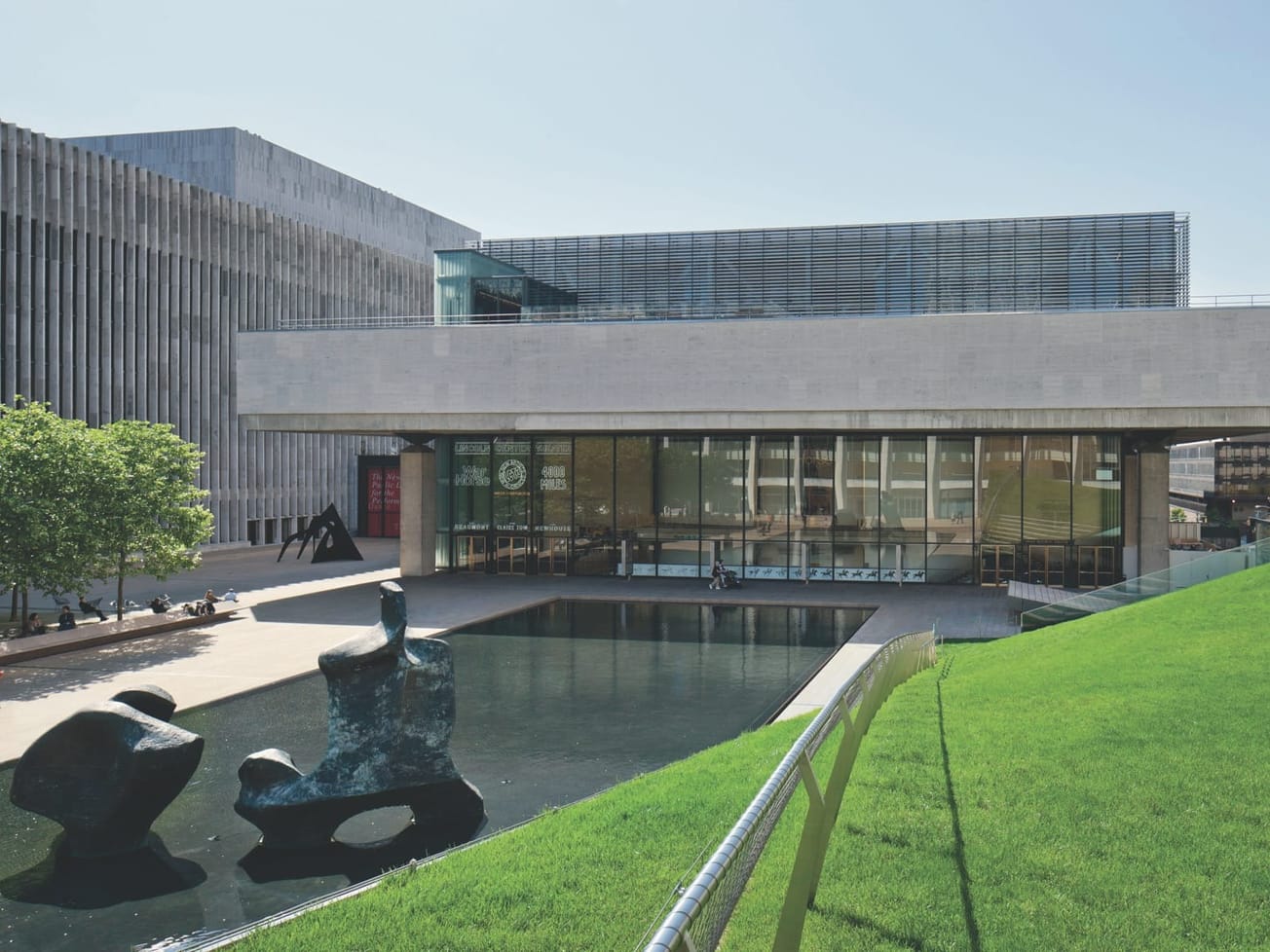The importance of theater education and supporting the arts at every level was front and center at Monday night’s Jimmy Awards.
The coaches and judges who worked with and evaluated students throughout the week were eager with excitement at the culminating awards ceremony, with many stopping to chat with Broadway News before the performances began.
The judges responsible for evaluating the live performances during Monday night’s ceremony included Montego Glover, Alecia Parker, Tara Rubin and Bernie Telsey.
An additional panel of judges evaluated the nominees ahead of the actual ceremony. Those judges include Kristian Charbonier, Stephanie Klapper, Kevin Metzger-Timson, Dale Mott and Seth Sklar-Heyn.
To prepare for their performances, students had the opportunity to work with industry coaches, including Desi Oakley, Max Chernin, Howard McGillin, Janet Dacal, MaryAnn Hu, Denis Jones and Jacques C. Smith.
Rubin had extra tissues on hand as the Jimmys returned to an in-person format.
“Talent did not go on hold for two years,” she said.
“We always say this is our favorite day of the year and we’ll always mean it.”
Bernie Telsey felt similarly, saying, “This is an event I look forward to every year. You spend the whole time just wanting to cast every one of them.”
On the importance of the Jimmys, Telsey applauded the fact that “more people know that this is a life, this is a career.
“It’s not just a dream. And when you look at the talent and realize they’re that good because of this high school program … how could a high school not have that?
“It makes you just want to support high schools supporting the arts,” he said.
A short time later, a teary-eyed Telsey approached again, saying, “Every interview I do I cry, I can’t take it.”
That sentiment was echoed by a number of people, ranging from previous Jimmy Awards nominees and winners to other coaches and judges.
Howard McGillin said this year “feels a little extra special.”
“I think everybody – coaches, directors, everybody – I think we all feel like we’re back.”
McGillin worked with students in small group settings as a coach and took stock of the talent pool.
“The level of expertise of these kids is amazing. They’re really, really good.”
Parker, a producer on the long-running “Chicago” which recently celebrated 10,000 performances, is a founding judge and has been with the Jimmys since they began in 2009.
“It amazes me how the talent grows,” she said, adding that some students participating were as young as 15.
“This entire thing is supporting these generations and that it’s growing the way it is – it just means the world to me.”
She also said she observed a shift in the room when students realized she was a producer.
“They like having a casting director in the room, but they love having a producer in the room,” Parker said with a laugh.
Montego Glover was part of Monday night’s judging panel, helping crown winners Kendall Becerra and Nicholas Barrón.
“There’s nothing better than watching young artists shine,” she said.
Glover, like many who walked the red carpet, also emphasized the impact of programs like the Jimmys at every level.
“There will never not be young men and young women who want to express in a way that is artistic or that is elevated from what we see in the everyday world,” she said.
“And making space for that, encouraging it, cultivating it, and training it so that they can really be the best humans they want to be, and therefore contribute to our communities and their own families and lives – it’s all cyclical. And it works.”
Stephanie Klapper agreed, called programs like the Jimmys “invaluable” and saying they’re “doing a true service.”
“I love it so much. The level of talent that gets to be seen by people like me in casting – it’s inspiring.”
Rubin may have summed it up best as the bell was chiming, signaling the imminent start of the ceremony.
“The fact that each student who’s here represents a huge network of adults who supported them and created an important program for them to train in, and camaraderie among their fellow students … You can’t place enough emphasis and importance on what that means for the future.”


















































